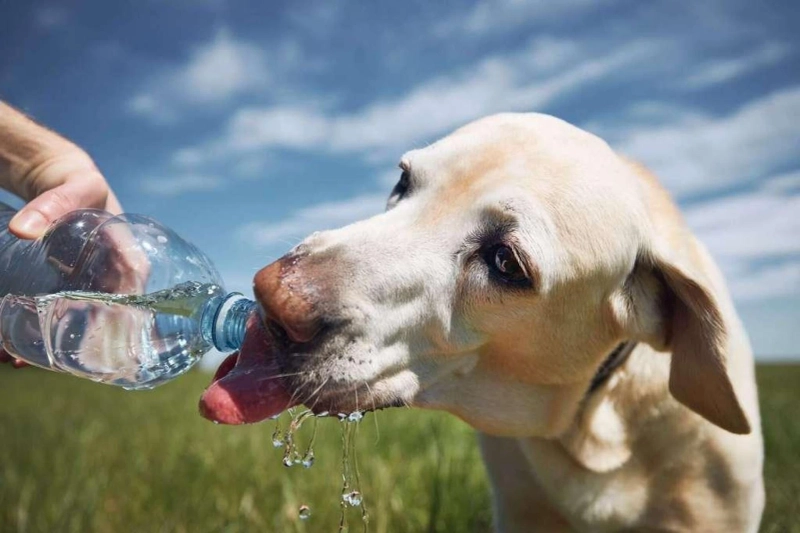As a pet owner, it is essential to understand the importance of hydration for your furry companion's overall health and well-being. Dogs, like humans, require an adequate amount of water to survive, and dehydration can lead to severe health issues. This article will explore the significance of hydration for dogs, including how much water they need, the consequences of dehydration, and how to ensure your dog stays hydrated.
Understanding the Water Requirements of Dogs
Water is essential for dogs to regulate their body temperature, maintain proper digestion, and remove waste. However, every dog's water needs may vary based on several factors, such as their size, age, activity level, and environment. A general rule of thumb is that a dog should drink one ounce of water per pound of body weight per day.
Several factors can affect a dog's water requirements, such as exercise, illness, and the weather. For example, dogs that are more active or have certain health conditions may need more water. Similarly, during hot weather, dogs may need to drink more water to stay hydrated.
Consequences of Dehydration in Dogs
Dehydration occurs when your dog's body loses more water than it takes in. It can happen due to several reasons, such as excessive panting, vomiting, or diarrhea. When left untreated, dehydration can lead to severe health problems such as kidney failure, heatstroke, and even death.
Some of the physical symptoms of dehydration in dogs include dry gums, sunken eyes, lethargy, loss of appetite, and decreased urination. If you notice any of these signs, it's essential to seek veterinary care immediately.
Keeping Your Dog Hydrated
The best way to prevent dehydration is to ensure your dog has access to clean water at all times. Make sure to change your dog's water bowl regularly and clean it to prevent any bacterial growth. If you have multiple dogs, consider providing multiple water sources to ensure everyone gets enough water.
In addition to water, some foods and treats can help keep your dog hydrated. For example, you can offer your dog water-rich fruits like watermelon or cucumbers. Alternatively, you can give your dog wet food, which has a higher moisture content than dry kibble.
It's also essential to monitor your dog's water intake to ensure they are drinking enough. If you notice that your dog is not drinking enough water, try adding some flavor to their water or offering them ice cubes to make drinking more enticing.
Finally, it's crucial to avoid certain drinks and foods that can dehydrate your dog. For example, avoid giving your dog caffeinated or alcoholic drinks, which can increase their risk of dehydration. Similarly, avoid giving your dog salty foods, which can make them thirsty and lead to excessive water intake.
Conclusion
In conclusion, keeping your dog hydrated is crucial to their overall health and well-being. By understanding their water requirements and monitoring their intake, you can prevent dehydration and ensure they



